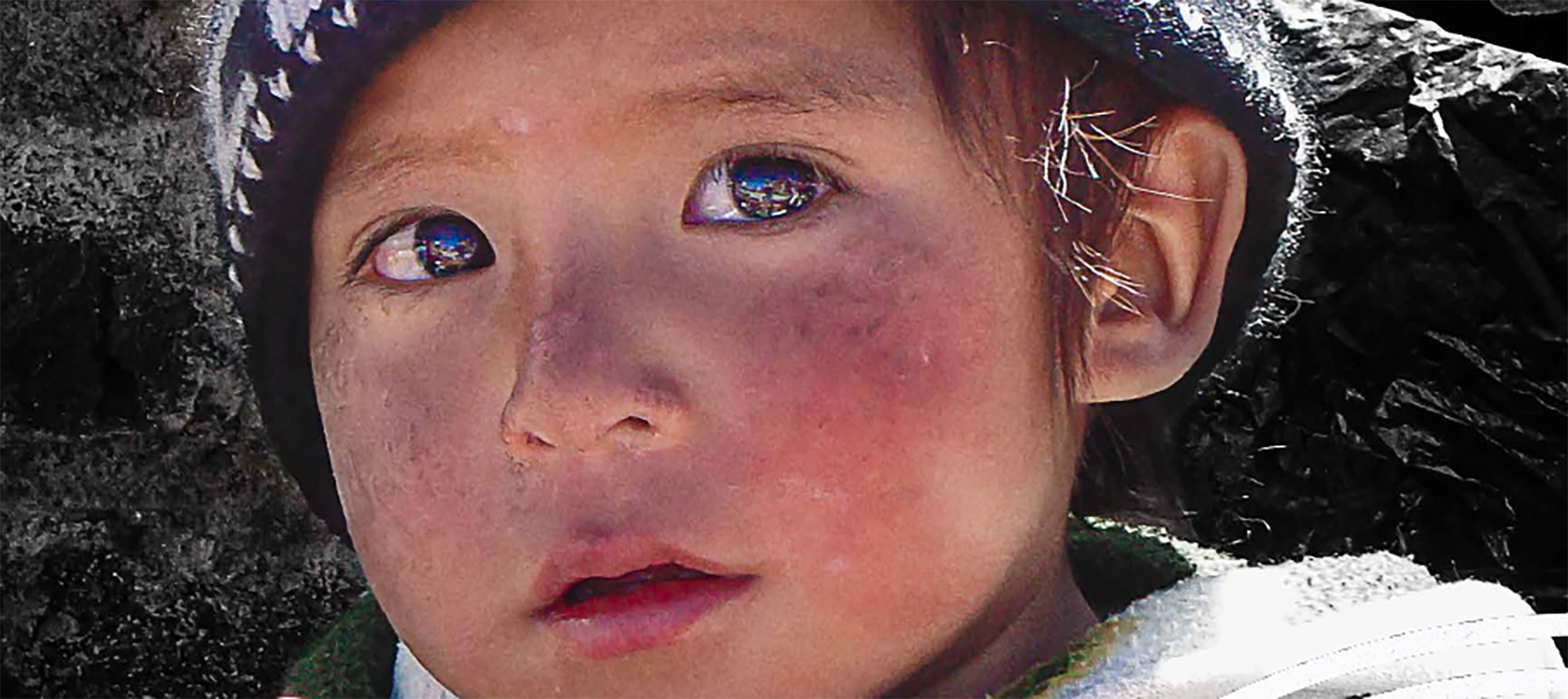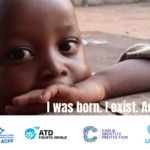
South American Panorama of Adoption Practices: Cases of Countries in Transformation
Child Identity Protection (CHIP) is pleased to announce the publication of the results of field research conducted by Anne-Marie Piché, Professor at the School of Social Work at the Université of Québec in Montréal (UQAM). This research brought together the testimonies of adoption professionals (national and international) concerned with the situation of abandoned and placed children in five South American countries: Argentina, Bolivia, Chile, Colombia and Peru. The aim of this study is to gain a better understanding of the new realities of adoption, in a context where these countries have chosen to limit or stop their foreign adoption practices. Several transformations are at work in terms of laws and practices, with the challenge of encouraging families to adopt these children locally – allowing for a better protection of their cultural identity and a reversal of the trend towards massive intercountry adoptions of previous years. The study aims to draw a portrait of these transformations and their effects from the perspective of these countries and their actors. CHIP is honoured to have been able to provide support to strengthen the angle of right to identity throughout the publication.
Author :
Anne-Marie Piché, Ph.D., is a full professor at the School of Social Work, University of Quebec in Montréal (UQÀM). She devotes her research and teaching to individual, family and political issues related to both domestic and intercountry adoption, in Quebec and elsewhere in the world. She is a researcher affiliated with the “Institut Universitaire Jeunes en difficulté” (CIUSSS-Centre-Sud-de-l’Île de Montréal) and a regular researcher in the Research Team on Youth Protection Placement and Adoption (UQO). She is currently leading studies on the search for origins in adopted youth in child protection settings. Her previous work has focused on the use of domestic adoption practices in South American countries.
Acknowledgements:
We would particularly like to thank Rosita Vargas Diaz, PhD, Professor of Social Service at Laval University, for her precious contribution to the research. We would also like to thank the association Child Identity Protection (CHIP), for their support in publishing our research, especially Christina Baglietto and Cécile Jeannin for their valuable advice concerning the right to identity and their contribution to this publication.






